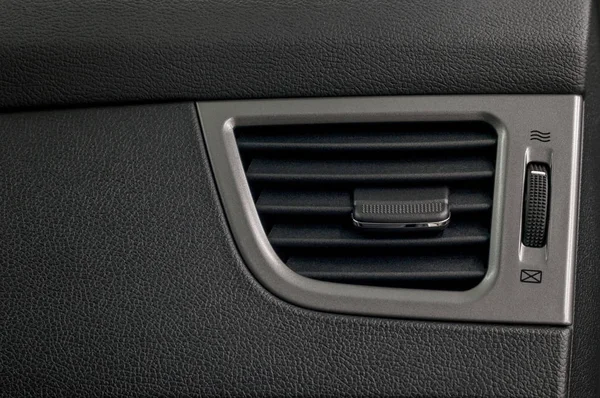As the country grapples with rising summer temperatures and occasional heatwaves, vehicle owners often switch on the air conditioner immediately upon entering their cars. In their quest for respite from the sweltering heat, many fail to realize the potential harm they are causing to their lung health. Dr. Basavaraj S. Kumbar, an expert in respiratory health, warns that this common practice poses significant risks, particularly for individuals prone to dust allergies.
Dr. Kumbar explains that when cars are parked in the heat, the interior air quality can deteriorate. Dust, pollutants, and potentially harmful chemicals from the car’s materials accumulate inside. Turning on the AC immediately circulates these particles, making them airborne and easily inhaled. This can exacerbate respiratory issues, especially for those with preexisting conditions like asthma or chronic dust allergies.
Additionally, the initial blast of air from the AC often comes from air that has been trapped in the ducts and vents. This stagnant air can harbor allergens and pollutants, which are then forcefully expelled into the car’s cabin. Dr. Kumbar advises that instead of turning on the AC right away, it is safer to ventilate the car first. Opening the windows for a few minutes before activating the air conditioner allows fresh air to circulate, reducing the concentration of harmful particles inside the vehicle.
Moreover, the rapid cooling from a hot environment to a much cooler one can shock the respiratory system. This sudden change can trigger symptoms like coughing, wheezing, and shortness of breath, particularly in individuals with sensitive airways. Gradually cooling the car by driving with the windows down for a few minutes before using the AC can help mitigate these effects.
Dr. Kumbar also stresses the importance of regular maintenance of the car’s air conditioning system. Cleaning or replacing air filters and ensuring that the vents are free from dust and debris can significantly improve the air quality inside the car. This maintenance not only extends the life of the AC system but also protects passengers’ respiratory health.
As summer temperatures continue to soar, being mindful of how we use our car air conditioners can make a substantial difference in maintaining our lung health. Taking a few extra moments to ventilate the car before switching on the AC can help avoid unnecessary exposure to allergens and pollutants. Dr. Kumbar’s advice highlights the importance of simple preventive measures to safeguard our health in everyday situations.
In addition to these immediate actions, Dr. Kumbar suggests adopting long-term habits to improve overall air quality inside vehicles. Regularly airing out the car, even when it’s not in use, can prevent the buildup of harmful substances. Parking in shaded or covered areas can also reduce the amount of heat and pollutants that accumulate inside the car, thus minimizing the need for immediate air conditioning.
Dr. Kumbar emphasizes the significance of using high-quality air filters in vehicles. Advanced filters are designed to capture finer particles, including pollen and dust mites, which can aggravate respiratory conditions. Ensuring that these filters are replaced according to the manufacturer’s recommendations is crucial for maintaining optimal air quality.
Drivers should also be aware of the type of air fresheners they use. Many commercial air fresheners release volatile organic compounds (VOCs) into the air, which can be harmful when inhaled. Opting for natural air fresheners or simply using essential oils can provide a pleasant scent without compromising air quality.
Educating oneself about the symptoms of poor air quality can also be beneficial. Common signs include headaches, fatigue, dizziness, and irritation of the eyes, nose, or throat. Recognizing these symptoms early can prompt individuals to take necessary actions to improve the environment within their vehicles.
Dr. Kumbar’s recommendations are especially pertinent for those who spend a significant amount of time in their cars, such as long-distance commuters or professional drivers. By adopting these practices, they can protect themselves from long-term health effects and ensure a more comfortable driving experience.
As climate change continues to influence weather patterns, leading to more intense heatwaves, these practices will become increasingly important. Simple changes in how we manage air quality in our vehicles can have a profound impact on our health, particularly during the hotter months.

